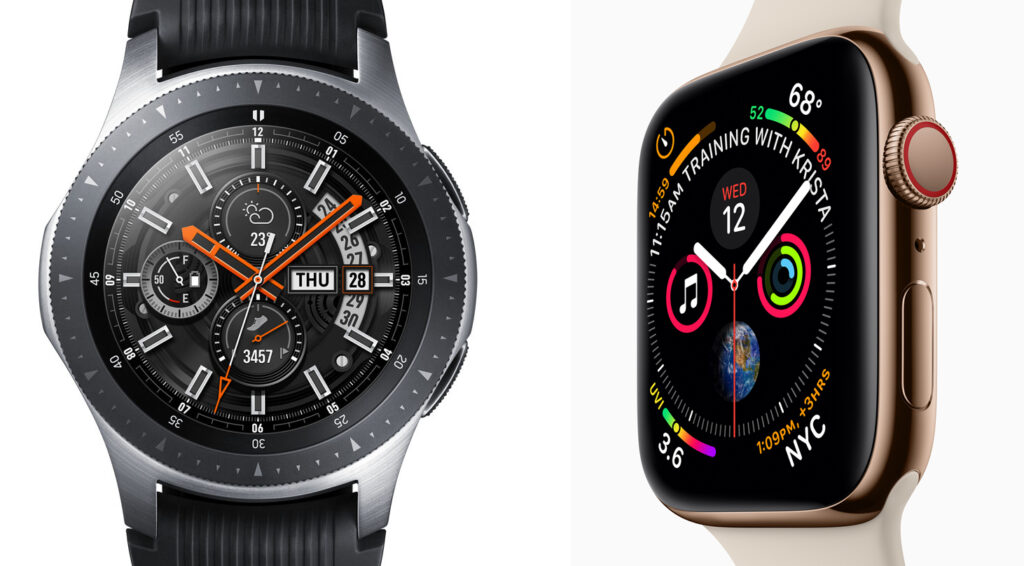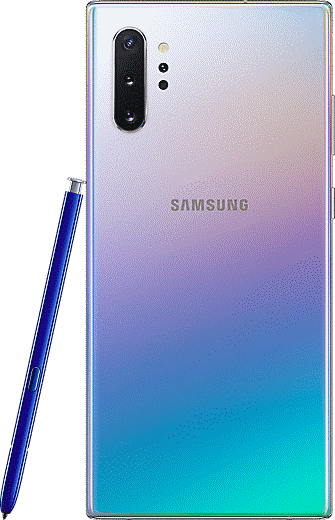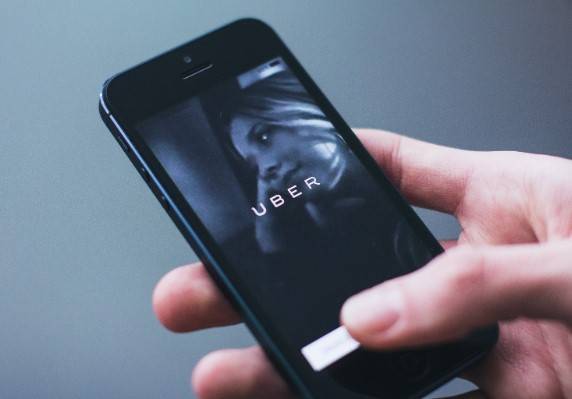Video Transcript
Cody: Pear is a shape and therefore I’ve nailed it. Yes. All right, yeah. Let’s talk about all this new tech and stuff to get you healthy and fit.
Ryan: So in my house, we measure love by the kinds of gadgets your significant other gets you, and I still don’t have an Apple Watch. So, there you go everybody.
Cody: Clearly love.
Ryan: Not a lot of love. So the cool part about the new Apple Watch Series 4 is you get GPS and cellular, so you can leave your phone behind as you go run off on a trail, which is pretty cool. Bad news, 500 bucks. You can get the Samsung LTE version, 350 bucks. Also not awesome, right, but you get to leave your phone…but whatever. So when I run, I don’t want my phone slapping my leg, I want to be able to track my stuff when I’m cruising around, so we have an alternative to that. This is called the FitBit Ionic. It’s right here. This is pretty cool. You can have Pandora download all your stations from Pandora right onto the thing, you can track all of your fitness, check your weather. Do just about anything that you want to do.
Cody: It’s got a nice sized face on it.
Ryan: Yeah, it’s got a real nice face, a real adaptive touch screen, pretty awesome. This is only 250 bucks. And it has built-in GPS, so if you’re using Runkeeper or some other thing to track your thing, it’ll sync with that. And boom, 250 bucks, no phone.
Cody: I like that.
Ryan: That’s pretty cool, right? Plus you get access to this sweet FitBit app which works so amazing. It’s one of my favorite things. And we have a scale at home that also syncs with the FitBit. And it’s just all in one place. I just love that.
Okay, so let’s say you want to go a little bit less expensive. This one is called the FitBit Charge 3. This one’s 130 bucks. And this one’s right here. I put my wife’s band on, so it’s a little small for me, right? But it tracks the exact same kind of things, check your steps. It also recognizes what exercises you’re doing. So if you’re running or if you’re weightlifting it’ll kind of go, “Oh, you must be weightlifting so I’m going to track your cardio that way.” That’s pretty cool, right?
Cody: Yeah, I like that.
Ryan: So the next is the Amaze FitBip. Now this is only $80. It’s this one right here. You can kind of turn it sideways here. And this is a 30-day battery life. How crazy, 30 days? And this is made by…the watchmaker is 17% of the global market in FitBit-type watches and gadgets and stuff. 17%, it’s mostly international, so it’s not huge here in the states, but pretty cool. And then they also have this one here. This is it’s just a little token that goes on this band here. This is only 50 bucks.
Cody: And then what does that do?
Ryan: This little band here, it’s like a little washer, and that has GPS in it, tracks all of your steps. The same as the other gadgets, but it’s just this little thing right here. And you can see it through the app on your phone. That’s 50 bucks.
Cody: That’s kind of cool. I like that.
Ryan: That’s pretty awesome. So, last but not least. This is called the Motive, this is a ring, so if you’re not into putting a bunch of stuff on your wrist, the Motive ring, it’s 200 bucks, but look at it. It’s just this tiny little ring.
Cody: And that will keep up with stats and everything?
Ryan: I pulled up my stats from yesterday, so I can show off a little bit. So you can see that I checked how much sleep I got, it tracks…
Cody: Almost seven hours. Nice.
Ryan: Yeah almost seven full hours. It tracked when I did a pre-workout run, when I did my workout, and then when I did cardio afterwards, and it shows you your heart rate monitor, everything.
Cody: On a ring.
Ryan: So if you don’t want to wear a bunch of junk on your arms and stuff, there you go, 200 bucks, the Motive ring. I love it.
Cody: That’s pretty cool. I didn’t realize it could do all that. That’s pretty cool. It’s like Green Lantern’s ring.
Ryan: With sleep tracking, and cardio, and everything else, it’s just perfect. And…
Cody: Thanks, Ryan.
Ryan: We just dropped something.
Cody: Guess we just lost that. We just have to have fancy washer through.
Ryan: I’ll pick up 50 bucks on my way out the door.
Cody: Okay then.
Ryan: That’s fine.
Cody: Ryan’s good for it. Oh yeah it’s brand new. Just take it back. All right, thank you very much. Appreciate it. All right, back to you.
Ultimate Fitness Tracker Showdown: What Is The Best?
Once upon a time, fitness for the average home athlete involved a fair bit of guesswork. Sure, you could use a stopwatch to measure your speed — or a pedometer to measure your steps — but you’d probably need professional athletic expertise and equipment to access more meaningful metrics on your health and athletic performance.
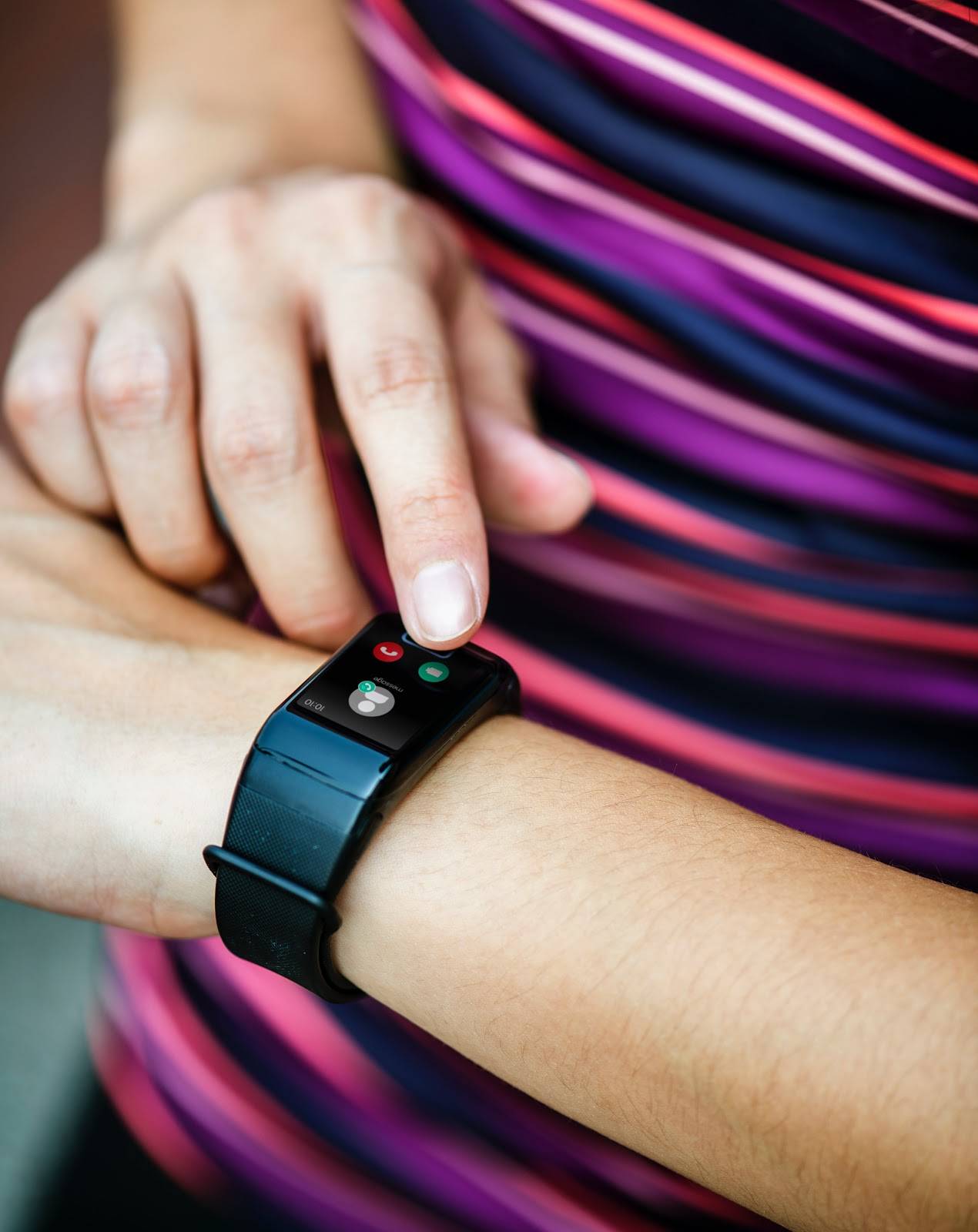
How far we’ve come! These days even a rank amateur athlete can have a small biometric super-computer strapped to their wrist, measuring everything from basic activity level to potential heart arrhythmia.
Now before we go any further, it’s probably good if we name the large, chrome plated techno-elephant in the room. Fitness trackers are not for everyone. Some people dig fitness metrics, readouts, and statistics. The more data they can have about their inner workings, the better. Slap it in a graph and it’s golden! Others find the whole idea … well… a tad “squicky.” If fitness trackers just aren’t your bag, we totally get it.
If you like your tech less on your wrist and more in your pocket, we got you fam. Kindly step this way.
Still reading? OK let’s do this thing! Let’s talk fitness trackers. Right now there are some amazing products out there and the competition is fierce. Here are a few hot contenders for the coveted title of “ultimate fitness tracker.”
Apple Watch 4 ($500) or Galaxy Watch LTE ($350+)
To make this comparison remotely fair, the Apple Watch 4 and the Galaxy Watch LTE really need to be tucked away in their own fancy-pants category — for want of a better term, let’s call them uber-watches.
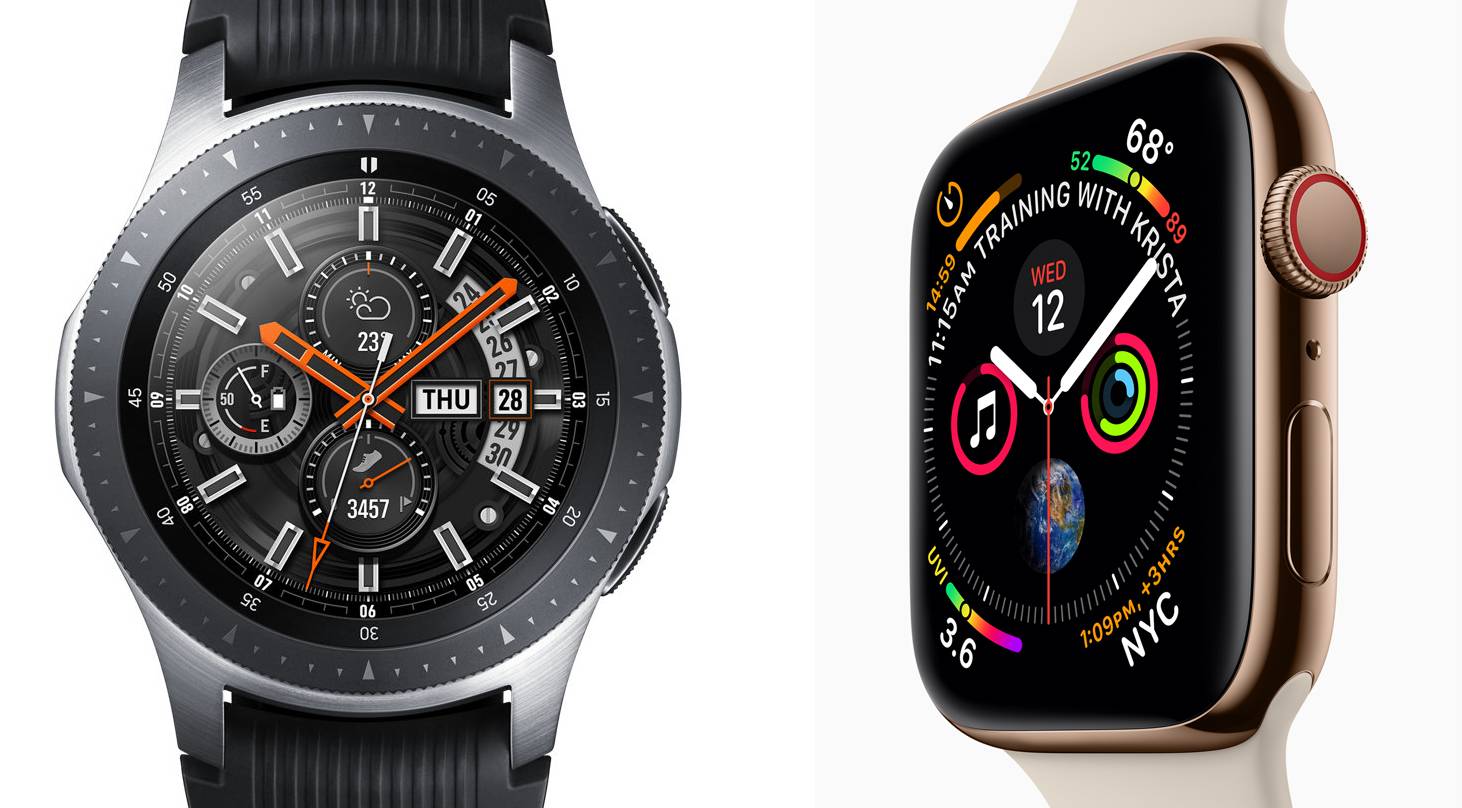
Both these watches are the Swiss army knives of our technological age. They are fitness tracking watches, to be sure. They’ll measure your vitals, help you track your calories, give you reminders to keep moving. They even come with integrated guided exercises for fitness and relaxation.
They also perform an impressive array of productivity functions, essentially offering their lucky wearers the luxury of being completely up to speed on their work and social life, all from the display of one gleamingly obvious status symbol conveniently situated on their wrist.
These watches are also the only wearables on the market thus far which feature fully-integrated cellular data. They can, therefore, act as standalone smartphone replacements.
And of course, all this whizzbangery comes with a price tag to match. Prices start at $350 and rapidly go north from there. Still, if your wallet can handle it, the Apple Watch 4 and the Galaxy Watch LTE are amazing pieces of tech, the sheer breadth of their expansive feature-set eclipsing anything else on the market.
Fitbit Ionic ($250)
But let’s set our sights on dedicated fitness trackers, starting with the already iconic Fitbit Ionic.
As you probably know, Fitbit has been around for a long time. The company was among the first to conceive of the idea of wearable sports tech, and their sleek, dependable products remain at the forefront of premium quality tracker technology today.
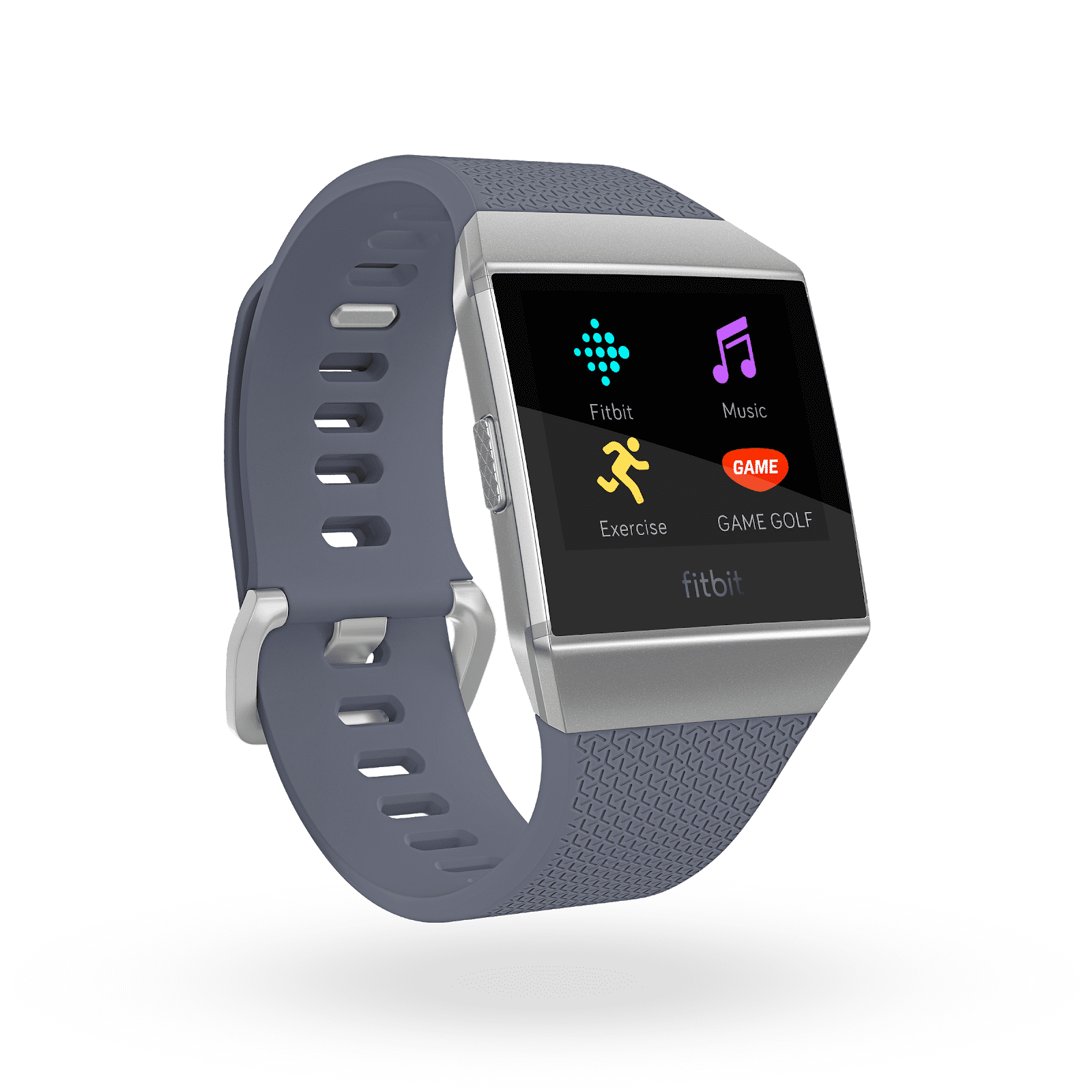
Beyond tracking your heart rate and physical activity, the Ionic offers a very slick, full-screen display, on-screen workouts and auto-exercise recognition. It also comes with GPS and on-device music storage, making it pretty much perfect for any kind of outdoor exercise like jogging or hiking.
Is it the Apple Watch 4 killer it was made to be?
Well, that remains debatable. It definitely wins for price and multi-platform compatibility (a feature you’ll never find in an Apple product, for obvious reasons!) but it lacks the Apple Watch’s integrated native cellular and vast ecosystem of supporting apps.
Brass tacks: the Fitbit Ionic offers exceptional value. It comes bristling with great tech and functionality but with a significantly reduced price tag compared to its luxuriously appointed rivals.
Fitbit Charge 3 ($130)
Sticking with the Fitbit ecosystem, for the time being, let’s wander toward the budget end of the tech aisle to look at the Fitbit Charge 3.
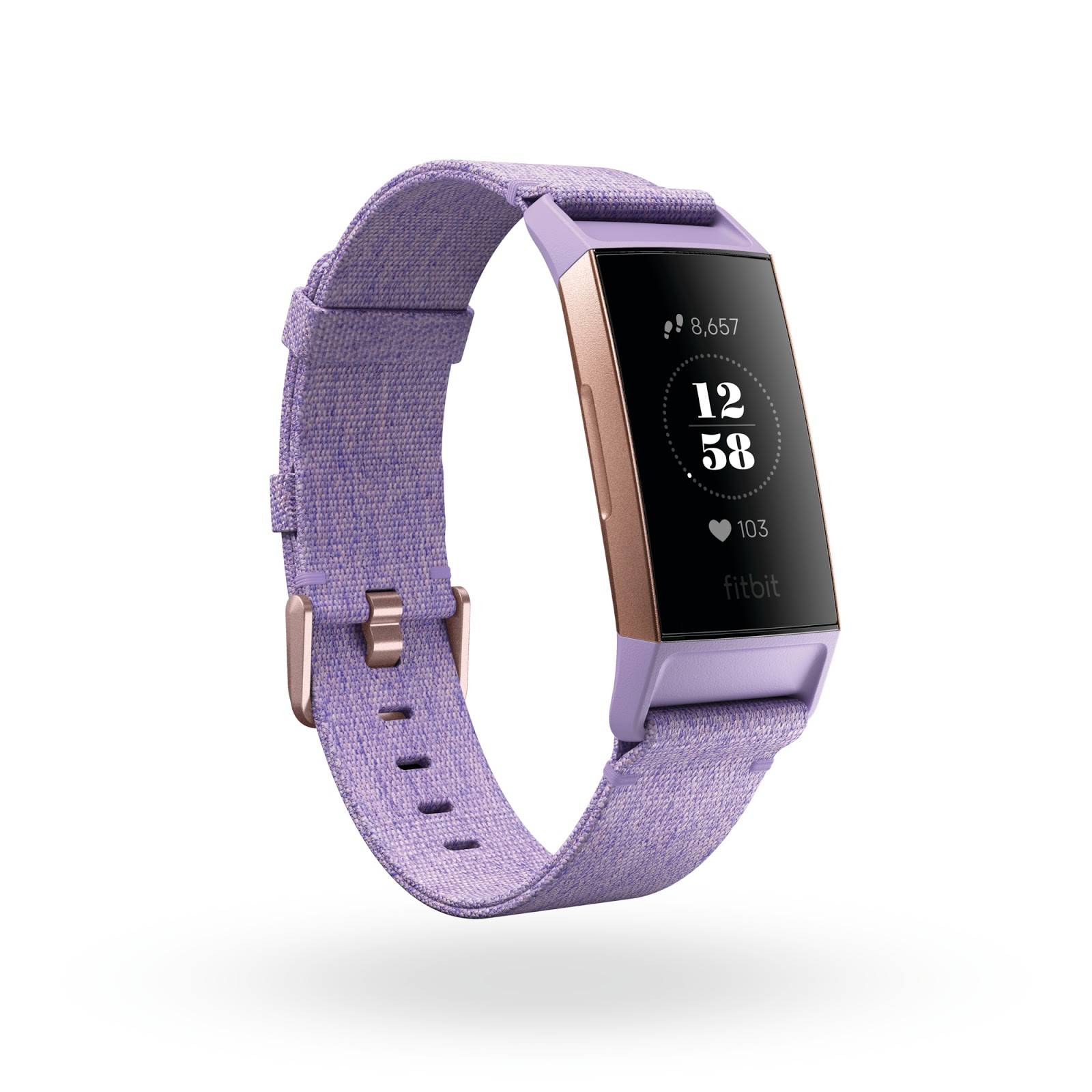
Now full disclosure here. If we were reviewing the Fitbit Charge two years ago, it’d be a no-brainer for the perfect balance of affordability versus solid, usable fitness tracking features. And don’t get us wrong. It’s still a great tracker.
Sure it has a smaller screen, but it can still hook you up with an invaluable stream of health data, and of course, it’s a budget gateway to the truly awesome Fitbit app.
But you won’t get on screen workouts. It’s completely tethered to your phone. And music or other cool apps? Forget it. The Fitbit Charge 3 will be perfect for some home athletes, but as you’ll soon discover, it faces some pretty tough competition.
Amazfit BIP ($80)
Which brings us to the Amazfit BIP. First up, that $80 price tag you see up there? That’s not a typo.
An important thing to mention about the Amazfit as a fitness tracker is its battery life. This thing is a little powerhouse and can give you 30 days of average use on a single charge. To give you a sense of how crazily efficient that is, the Fitbit Charge 3 gives you about 7 days.
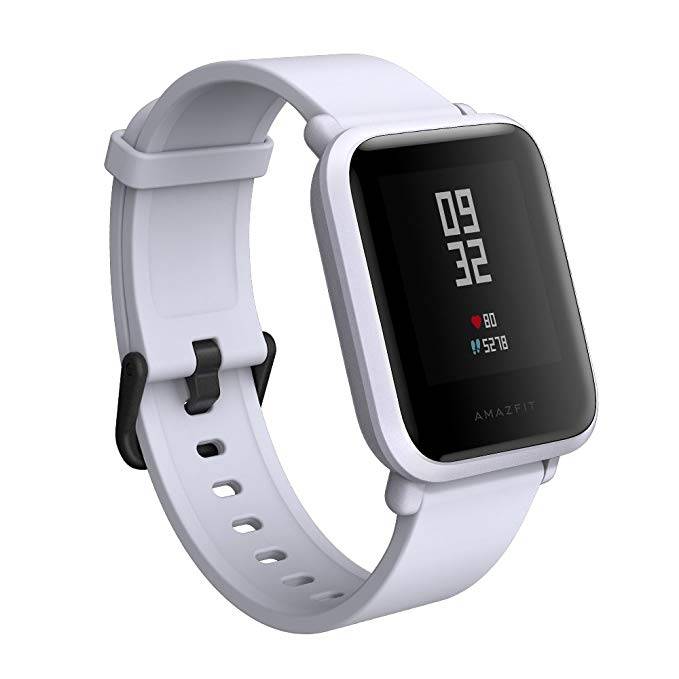
The thing is, you’re not even sacrificing a feature set for battery life!
This watch comes with a color touch display, GPS and a barometer, along with all the usual suspects of heart rate tracking, activity monitoring and sleep tracking. In fact, if you held this watch alongside the Apple Watch to do a feature comparison, the Amazfit BIP would undoubtedly have more ticks than blanks.
As of early 2019, 50 million units have sold and the Amazfit brand now has over 15% global market share. This little number is definitely the best value out there, and we reckon it will be for some time.
A Quick Nod to Some Minimalist Trackers
To round out this list, we wanted to give a quick nod to more minimalist trackers. These display and interface-free devices are built around a different design principle — less is more — so comparing them to the above devices is apples and oranges. Let’s take a quick look at two interesting options.
Motiv Ring ($200)
The Motiv Ring is … well … just that. A ring. Shocking, right?
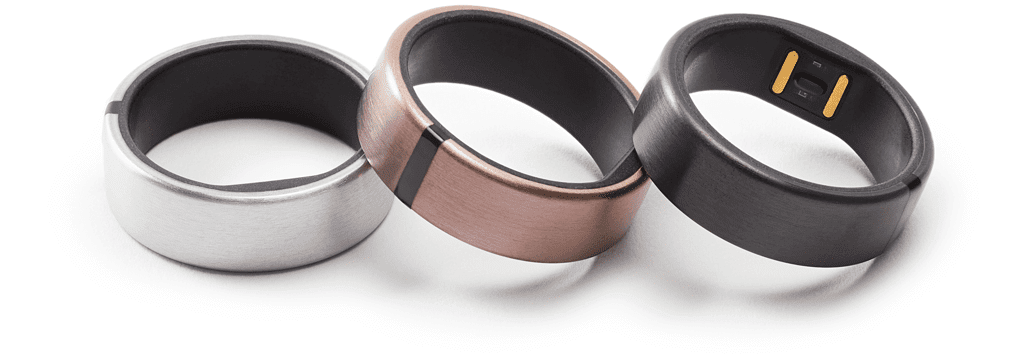
This device literally looks like a piece of stylish yet nondescript jewelry. Within its gleaming carapace, it has just enough technology to measure your sleep, track your steps and monitor your heart rate. All up, it gives you a good, general overview (via an app) of how your health is doing.
It’s probably too blunt an instrument for anyone seriously into health metrics, but if you’re looking for a stylish alternative and are content with a bit less data, it’s worth looking at.
Amazfit Equator ($50)
The Amazfit Equator has a similar feature set to the Motiv Ring, but as you can see comes in at a quarter of the cost.
Housed within a stylish looking bracelet, its fitness techno juju also provides just enough data to keep an eye on your health — steps taken, calories burned and your sleep patterns. You can even hook it up to your phone, configuring it to send you silent vibration alerts when notifications and alarms come in.
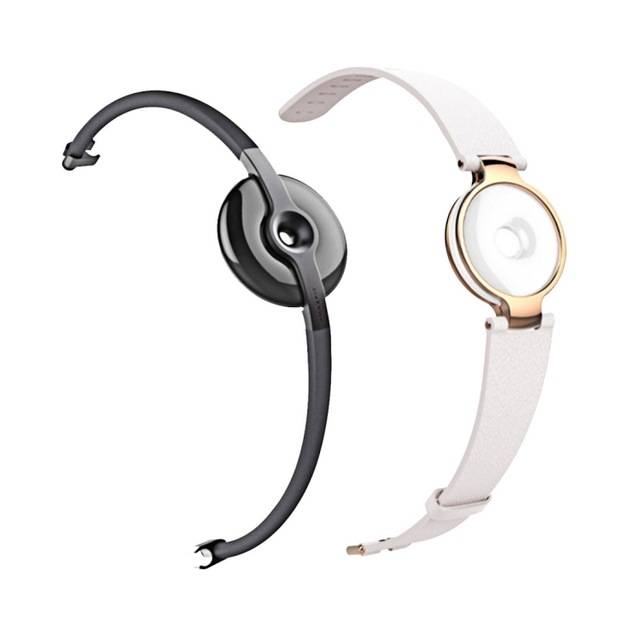
Again, for stylish minimalism on a budget, no other brand is really approaching Amazfit right now. The Equator is a great option if you want a little bit of health data in a subtle, stylish package.
If there’s one conclusion we can draw from this impressive lineup of metric manufacturing marvels, it’s that the war for fitness tracker supremacy will rage on for the foreseeable future. If graphs and data are your thing, there are some pretty spiffy options out there whatever your budget.
Like This? We have more!
Sign up below to be kept in the loop and be sent more content like this in the future!
